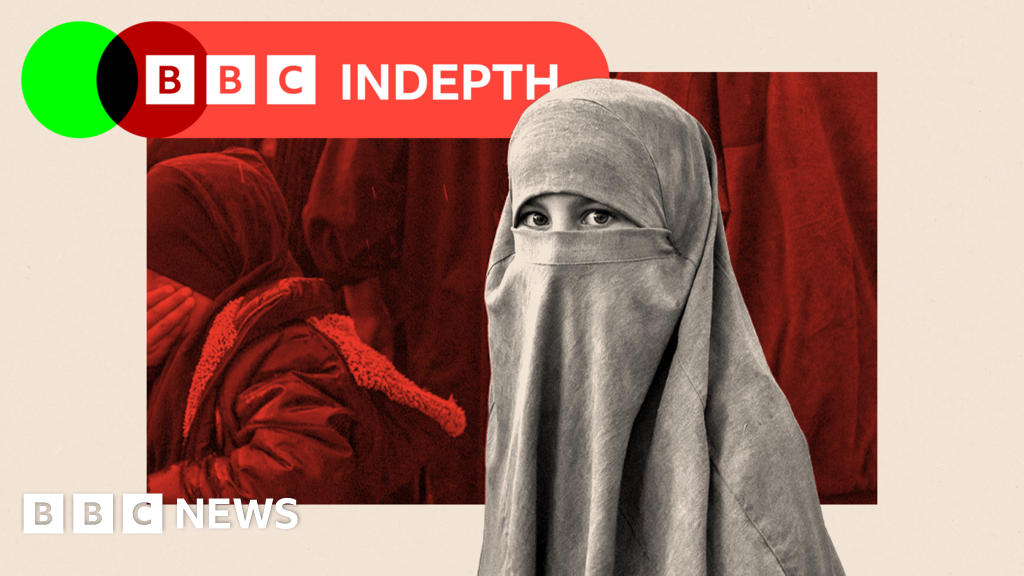Syrians have more freedom after Assad, but could they soon lose it?
Syrians have more freedom after Assad, but could they soon lose it?

Four months on, strides have been made in gaining social freedoms but there are concerns around what democracy could look like and the role of Islam in the new regime
Read the full article on BBC World
Truth Analysis
Analysis Summary:
The article's accuracy is mixed. The claim that Syrians have more freedom after Assad is difficult to verify definitively with the provided sources, but the Atlantic Council source suggests Assad has been toppled. The article also raises concerns about the future of democracy and the role of Islam, which are plausible given the complex political landscape, but not directly addressed in the provided sources. There is a moderate level of bias, as the article focuses on potential negative outcomes and concerns.
Detailed Analysis:
- Claim:** "Syrians have more freedom after Assad..."
- Verification Source #1: Supports this claim indirectly, stating "Dictator Bashar al-Assad abdicated power and left Syria". If Assad is no longer in power, it is plausible that freedoms have increased.
- Verification Source #2: Does not directly address this claim, but provides context on the long-lasting Syrian war.
- Verification Source #3: Does not directly address this claim, but mentions differing ideologies among rebel factions.
- Verification Source #4: Provides background on Assad's Alawi minority and their privileged positions, which indirectly supports the idea that his removal could lead to changes in freedom.
- Verification Source #5: Does not address this claim.
- Claim:** "...but there are concerns around what democracy could look like and the role of Islam in the new regime."
- Verification Source #3: Supports this claim by mentioning that rebel factions have struggled to present a unified governance. This implies concerns about the future of democracy.
- Verification Source #1: Does not directly address the role of Islam, but the mention of "what's next for Syria" implies that the future political structure is uncertain.
- Verification Source #2, #4, #5: Do not directly address this claim.
Supporting Evidence/Contradictions:
- Agreement:** Verification Source #1 supports the claim that Assad is no longer in power, which is a prerequisite for the claim that Syrians have more freedom.
- Lack of Coverage:** The provided sources do not offer a comprehensive analysis of the specific freedoms gained or lost, nor do they delve deeply into the potential role of Islam in a new regime.
- Internal Knowledge:** Without specific details on the types of freedoms gained, it is difficult to assess the accuracy of the first claim. The complex political landscape of Syria, with numerous factions and external influences, makes it plausible that concerns exist regarding the future of democracy and the role of Islam.
